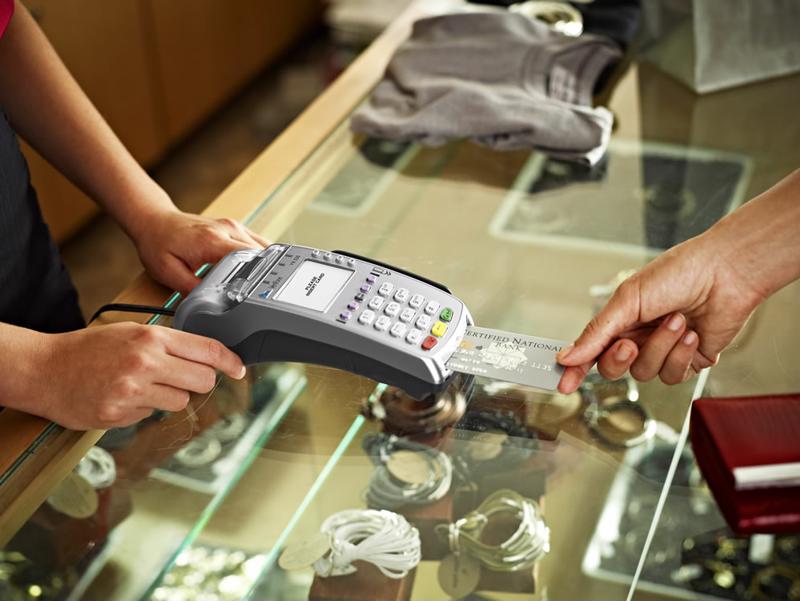Integrating payment processing with ERPs: Worth the strain?
One of the best ways to leverage your ERP is to centralize it for greater overall transparency. Ideally, this will lead to better-informed decision-making and stronger institutional performance.
In order to drive that centralization, integrating CRMs and other crucial applications with your ERP is important.
How about your payment processing software? Integration could be beneficial, but it's bound to bring some strain, too.
Is it worth the effort?

Problem: Payment processing systems are targets for hackers
Payment processing systems handle a wealth of personal information that can be highly attractive to hackers, as we've seen time and again.
By selling personal information, including credit card numbers and other financial details, or by freezing these systems through the use of ransomware, cybercriminals can do a lot of damage with payment processing data.
Why it's worth it: Increase payment processing security during the process
The fact of the matter is that payment processing will always be a target for bad actors, regardless of whether your system is integrated or if it operates independently.
In fact, if you begin the process of deciding how to best integrate your payment processing system with your ERP, you start considering updating or changing your payment processing partner to something that's more compatible with your existing ERP. If this is the case, you can strongly prioritize cybersecurity during the decision-making process, helping you get a fresh start with a more robust system.
Problem: It costs money upfront
Integrating these two systems doesn't happen automatically. You may face costs associated with changing software vendors, upgrading your systems or replacing outdated hardware. If you don't already have the technical expertise on your team to take care of this endeavor, then you may need to hire outside support, too.
Why it's worth it: Long-term savings
There are two ways you stand to save money over time by integrating your ERP and payment processing systems:
- You'll save on labor costs because you'll eliminate manual re-entry of payment processing information into your accounting and inventory channels.
- You'll have enhanced visibility into your day-to-day financial operations, which means you'll handle your cash flow more efficiently.
Additional reasons to integrate
As an added advantage of integrating these two systems, by limiting manual data re-entry, you expose your data sets to less potential for human error, meaning you'll achieve greater accuracy and more consistent reporting across channels.
At Accent Software, we have experience supporting ERP implementations and integrations for clients in the manufacturing sector. Reach out today to find out how we can help.




